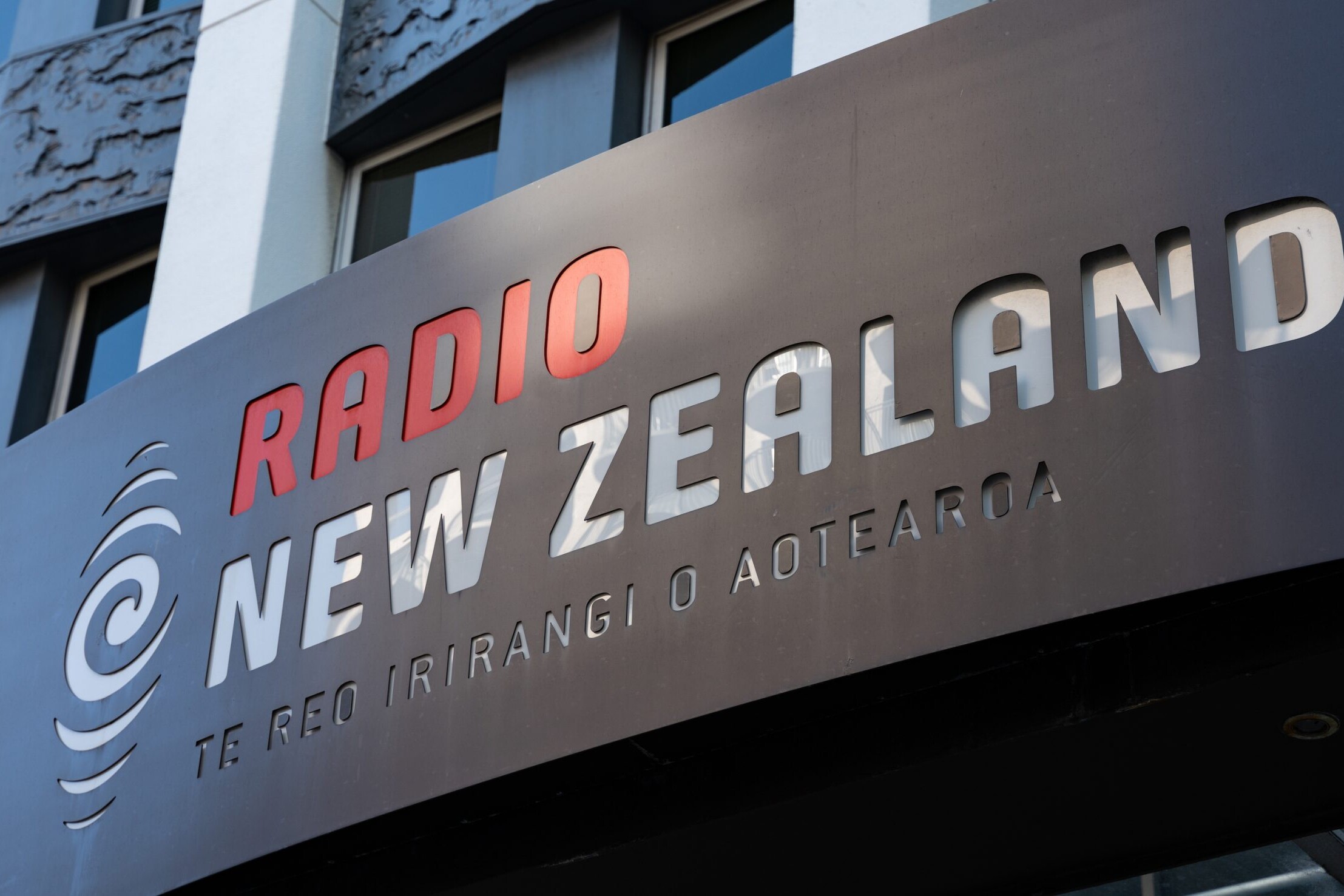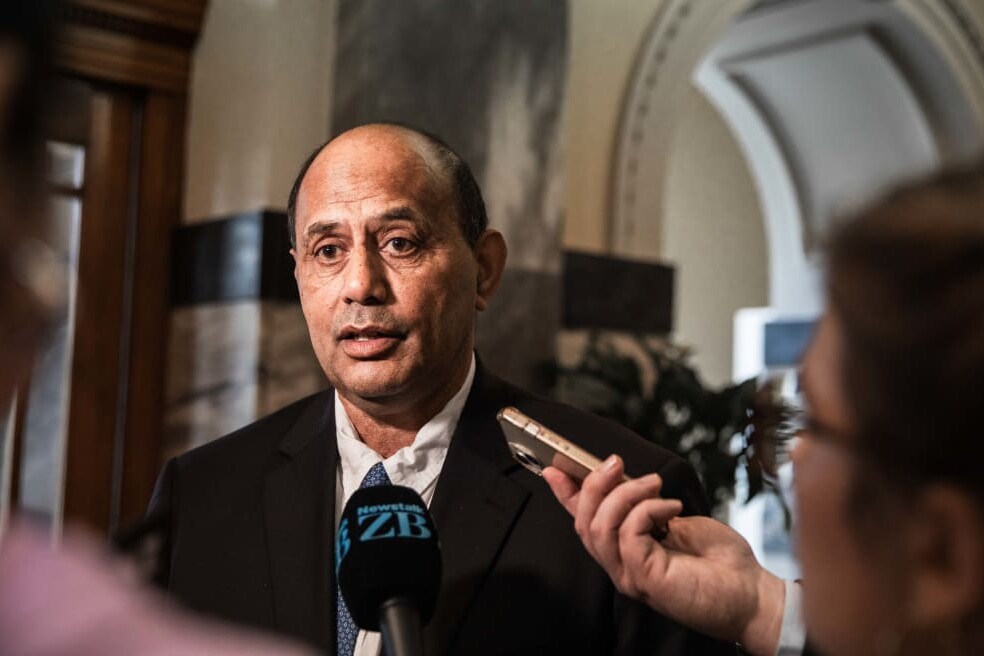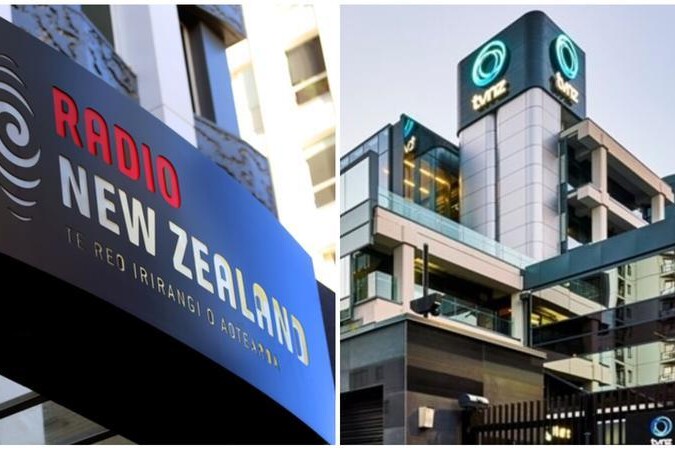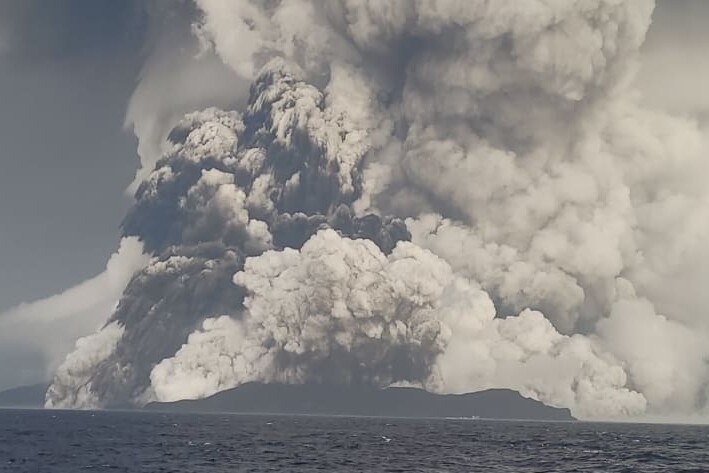RNZ chief executive apologises after pro-Russian sentiment added to stories
13th June 2023
RNZ chief executive Paul Thompson says the New Zealand public has been let down after pro-Russian sentiment was added to a number of its online stories without senior management realising.
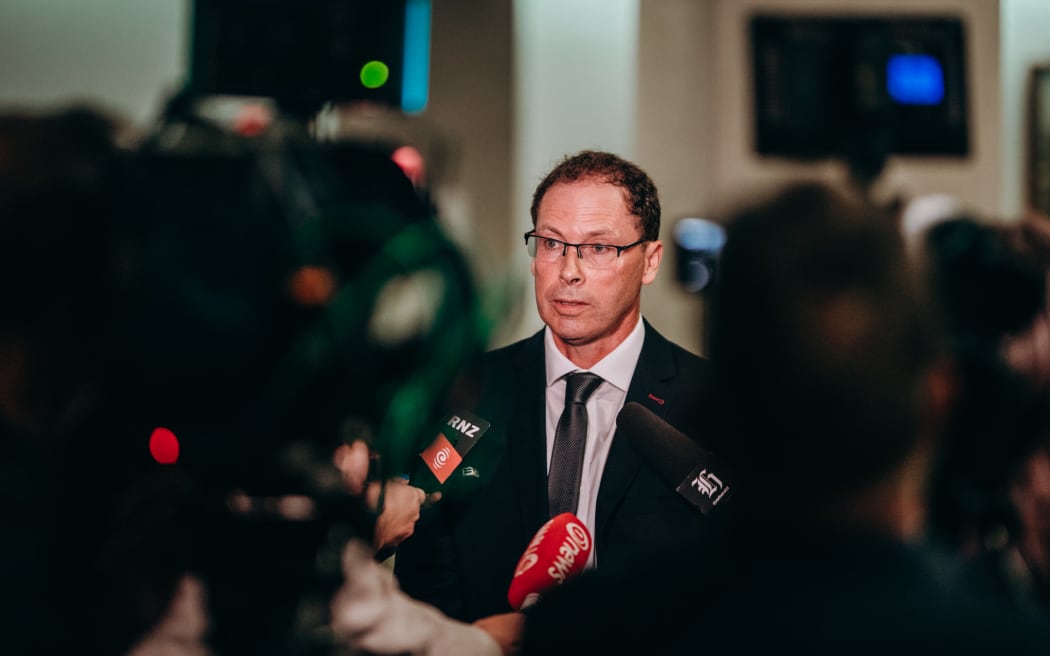
This piece was originally published on RNZ and is republished with permission.
RNZ chief executive Paul Thompson says the New Zealand public has been let down after pro-Russian sentiment was added to a number of its online stories without senior management realising.
It comes after readers noticed the text of a Reuters story about Russia’s invasion of Ukraine published on RNZ was changed.
It has since come to light that a staff member altered the text, and Russian propaganda has been found on more than a dozen other stories.
So far, 250 stories published by RNZ have been audited, with chief executive Paul Thompson saying thousands more would be checked “with a fine-tooth comb”.
Fifteen of the altered articles were from the Reuters wire service, and one was from BBC.
An independent review of the editing of online stories is being commissioned by RNZ.
On Monday, Thompson told RNZ’s Nine to Noon it was a “serious breach” of the organisation’s editorial standards and “really, really disappointing”.
It was one area of the company’s operation and one staff member was under an employment investigation for alleged breaches to RNZ’s policy, he said.
Listen: RNZ CEO speaks to Nine to Noon
Thompson apologised to RNZ’s audience, the New Zealand public and the Ukrainian community.
“It’s so disappointing that this pro-Kremlin garbage has ended up in our stories,” Thompson said, labelling the act inexcusable.
Thompson said it raised issues with RNZ’s editing process of online news, and showed they were not as robust as they needed to be.
When asked how it happened and no one noticed, Thompson simply said: “I don’t know.”
Most wire copy was only edited by one person, Thompson said, and most of the stories found to have issues only had one or two words changed, making it “very hard” to detect.
However, all added material was “really, really serious”.
“The best part of working in RNZ is the fierceness with which we defend our editorial standards and it’s galling that the activity in a very small area of the organisation can affect us all.” Paul Thompson, CEO of RNZ.
“I am gutted. It’s painful, it’s shocking and we have to get to the bottom of how it happened.”
Since the weekend, Thompson said a new policy had been put in place where all wire copy needed to be checked twice before publishing, as RNZ required for any other stories being published on its website.
Listen toour podcast
Uncovering and exploring the biggest
issues facing public media
Thompson said he expected to be able to give further information about the external review in the coming days.
He confirmed it would be entirely independent to the organisation and the finding of the review would go straight to RNZ’s board – not him.
Findings would then be released to the public to keep everything fully transparent – as RNZ was doing with its current audit.
Thompson said the situation was a “blow” to RNZ’s reputation.
“We are responding as well as we can and as openly as we can. The really sad thing is how much great work that we do.
“The best part of working in RNZ is the fierceness with which we defend our editorial standards and it’s galling that the activity in a very small area of the organisation can affect us all.”
Thompson confirmed RNZ received the complaint from Michael Lidski in October last year, but the email was directed at Broadcasting Minister Willie Jackson. The company was cced in, as well as other media organisations.
Read more: New Zealand: What’s the government’s post-merger media plan?
He confirmed RNZ does not typically respond to complaints directed at the minister.
In hindsight, Thompson said the organisation could have done something about it at the time.
Thompson said he had contacted both Reuters and BBC and was keeping the organisations updated as to its audit.
Neither had asked anything of him at this time.
– RNZ
Disclaimer: RNZ is a member of the Public Media Alliance. Paul Thompson is the President of PMA.
Related Posts
26th April 2023
New Zealand: What’s the government’s post-merger media plan?
After New Zealand's government decided…
27th July 2022
“A vital tool”: Why RNZ turned to shortwave after the Tongan volcanic eruption
When the Hunga Tonga-Hunga Ha'apai…

